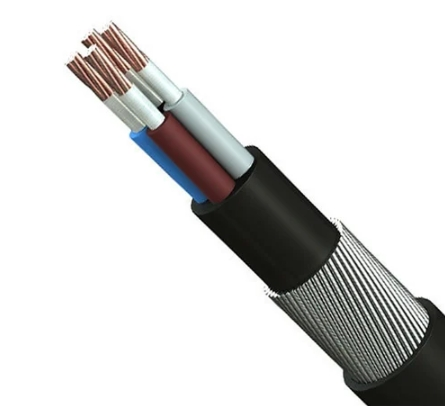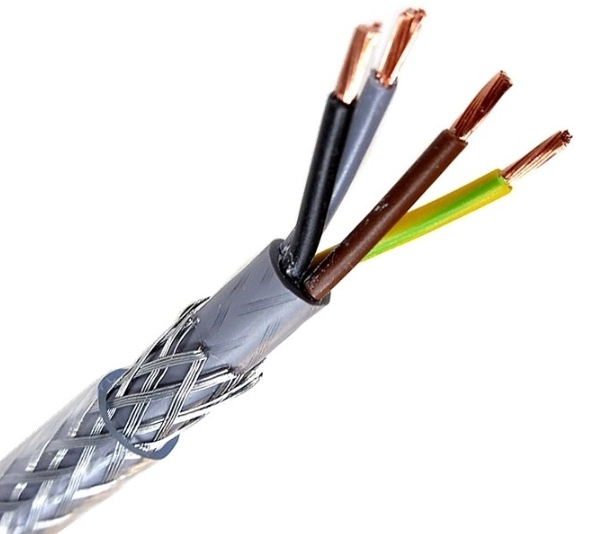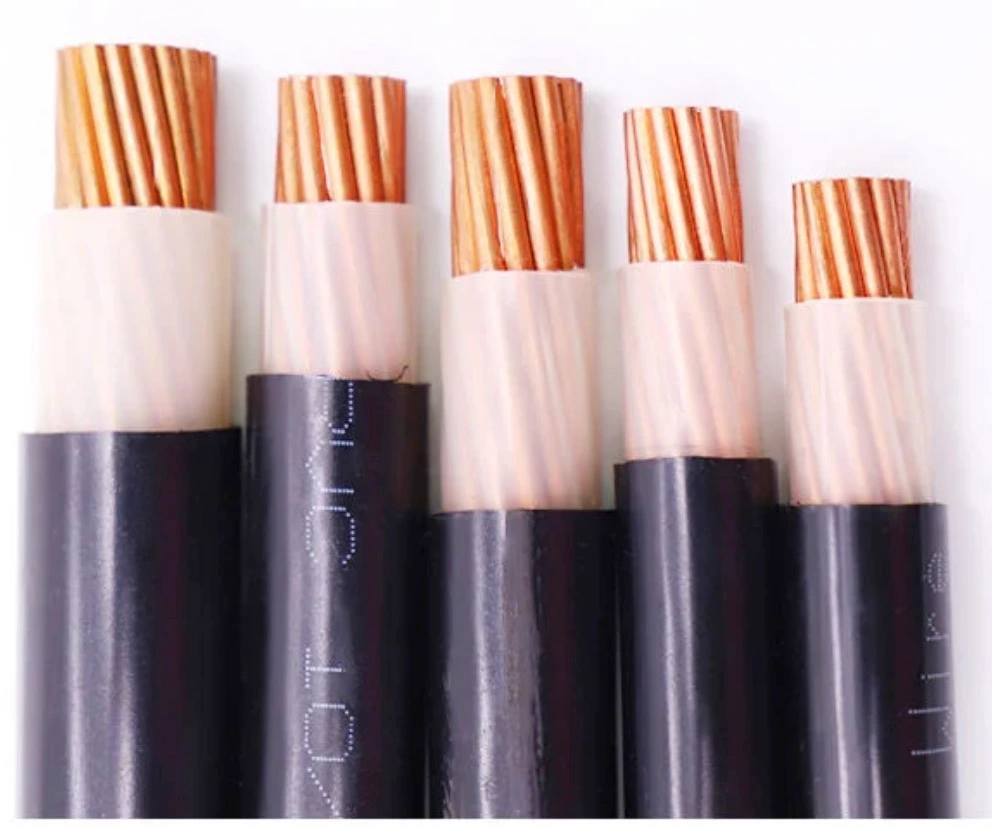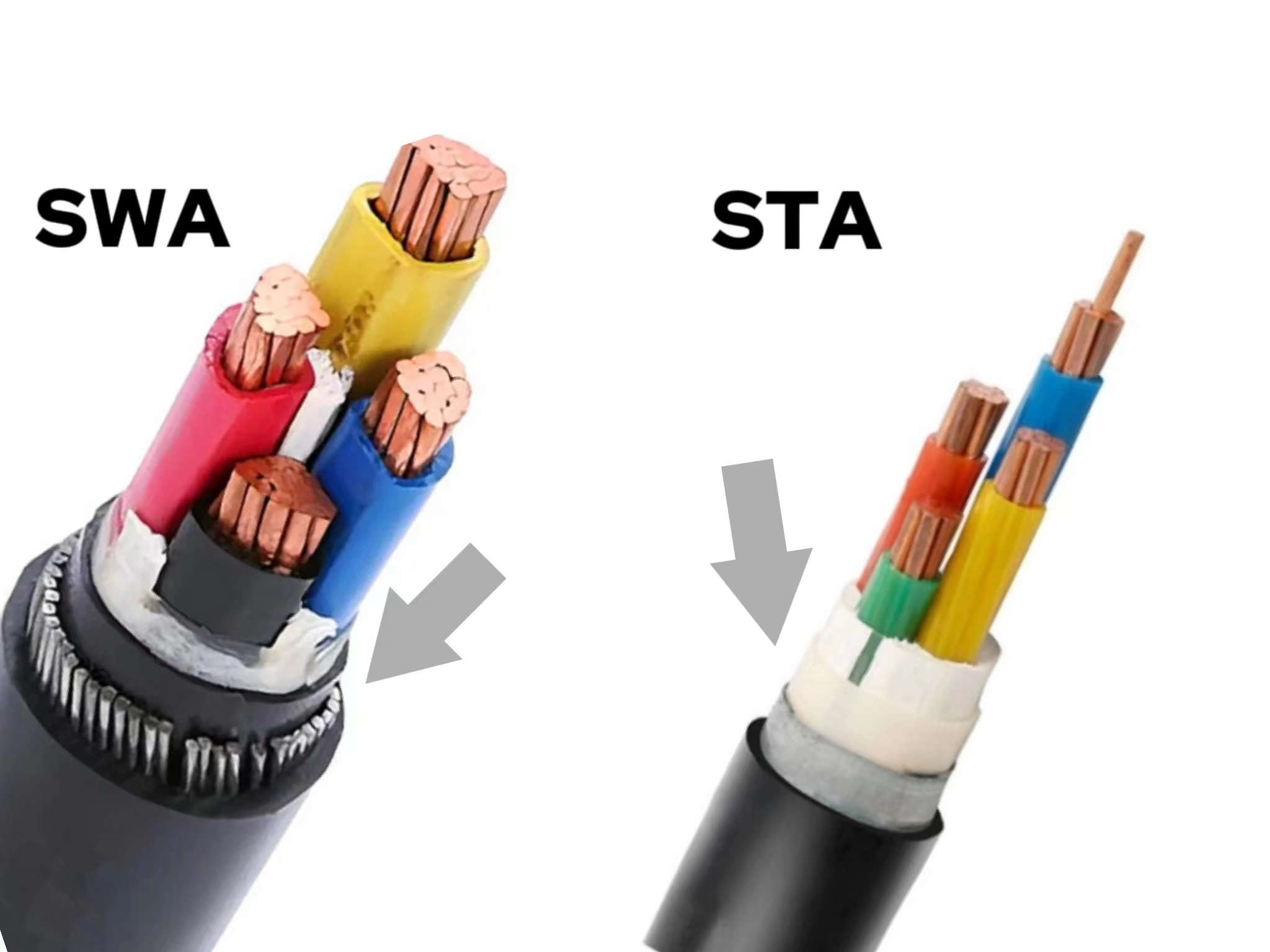Copper and aluminum are two different wire conductor materials. When you buy some wires, you will have some questions. Which one is better? How to choose them? And how to compare copper wire and aluminum wire? If you have the same situation, stay here, and we will give you the answer.
Now, let’s talk about copper vs aluminum wire deeply.
Pros and cons of copper wire
Copper wire is a wire with copper material as a conductor. Many applications use copper electrical wire; below are the merits and demerits of copper wire.
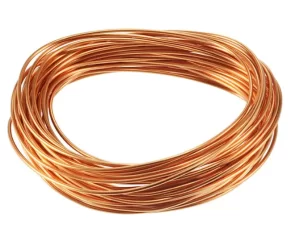
Pros of copper wire
- Low resistivity: the lower resistivity, the greater its carrying current.
- Good ductility and flexibility: The copper wire will not be deformed too much after being stretched and will be more flexible. It can be bent back and forth in some repeatedly turning wiring areas.
- Strong oxidation resistance and corrosion resistance: Oxidation will increase the contact resistance and cause the joint to heat up. Corrosion resistance is also strong, and the copper wire remains an excellent conductor of electricity over time.
- Better heat resistance: Copper is not easy to oxidize, so the heat resistance of the copper wire is also strong, which can effectively dissipate heat and protect the wire.
Cons of copper wire
Corrosion: Unsheathed copper wires can be severely damaged over time once exposed to air or moisture.
Cost: Copper’s price is high, which will limit its widespread use at a low cost.
Weight: Copper is a heavy material, which means that copper is unsuitable for slight application.
Pros and cons of aluminum wire
Aluminum wire refers to a metal wire material made of aluminum. Aluminum wire is mainly used for long-distance wire. Below are the benefits and drawbacks of aluminum wire.
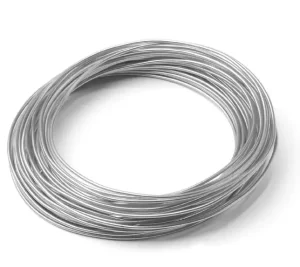
Pros of aluminum wire
- Low cost, aluminum wire is cheaper than copper wire, and the price is stable. Unlike copper wire, which will be affected by market price fluctuations, aluminum wire is suitable for large-scale use and long-distance wiring;
- Aluminum wire is light in weight, strong in flexibility, and easy to install and wire;
- On the premise of the same size and weight, the carrying capacity of aluminum wire is bigger than that of copper wire;
- Aluminum is non-magnetic, and aluminum wires are suitable for layout in some applications that need to minimize magnetic interference or inductance.
Cons of Aluminum Wire
- Easy to fire,and the resistance of aluminum is higher than that of copper, so it is easier to heat up and cause fire during use;
- Easy to oxidize, expand and shrink, and the aluminum wire will loosen or break if it is exposed to the air for a long time;
- Aluminum wires are not directly compatible with devices and ports designed for copper wires;
After learning the pros and cons of copper and aluminum wire, we can next research the distinction between aluminum and copper elements.
Difference between aluminium and copper
The contrasts between aluminum and copper, two separate metal elements, can be seen most clearly in the following areas:
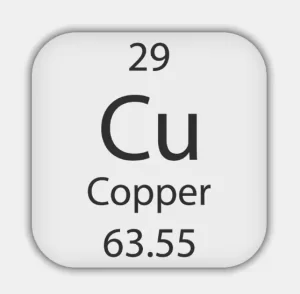
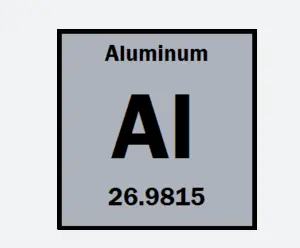
- Their colors are different. Aluminum is silvery white, while copper is reddish orange.
- Copper is more conductive than aluminum, which means copper can carry a higher ampacity.
- Copper has better heat resistance than aluminum, so the copper can dissipate heat faster than aluminum and won’t keep the wires at high temperatures all the time.
- Copper is more corrosion-resistant than aluminum, and aluminum oxidizes more easily. So copper has a longer service life than aluminum.
- Compared to copper, aluminum is less expensive and more suitable for overhead and long-distance wiring, while copper suits applications with low demand.
The most important thing is that when choosing a wire, multiple factors such as its performance, service life, ampacity, and cost must be considered comprehensively, and then an optimal solution can be obtained.
Next, you can take a look at the copper vs aluminum wire chart and ampacity so that we can have a deeper understanding of copper vs aluminum wire.
Copper VS aluminum wire size chart
The following is the copper vs aluminum wire size chart and Copper vs Aluminum Wire Amps (IEC standard).
| Copper size | Carrying current in the air (amps) | Carrying current for underground (amps) | Aluminum size | Carrying current (amps) | Carrying current for underground (amps) |
|---|---|---|---|---|---|
| 1.5 | 25 | 35 | 1.5 | _ | _ |
| 2.5 | 30 | 45 | 2.5 | 25 | 35 |
| 4 | 45 | 60 | 4 | 35 | 50 |
| 6 | 55 | 70 | 6 | 45 | 55 |
| 10 | 75 | 95 | 10 | 60 | 75 |
| 16 | 100 | 125 | 16 | 80 | 100 |
| 25 | 140 | 160 | 25 | 115 | 130 |
| 35 | 175 | 190 | 35 | 140 | 150 |
| 50 | 210 | 225 | 50 | 170 | 180 |
| 70 | 270 | 280 | 70 | 215 | 225 |
| 95 | 340 | 335 | 95 | 275 | 270 |
| 120 | 400 | 380 | 120 | 320 | 305 |
| 150 | 460 | 425 | 150 | 370 | 340 |
| 185 | 530 | 480 | 185 | 415 | 375 |
| 240 | 625 | 555 | 240 | 490 | 435 |
| 300 | 720 | 630 | 300 | 565 | 495 |
Under the same size, the amount of current that aluminum can carry is not as large as that of copper, so when selecting a kind of wire for the safety of electricity use, aluminum should choose a larger size. For example, if the size of copper wire is selected as 2/0 copper wire when changing to aluminum wire, the size needs to be 4/0 aluminum wire. The purpose of choosing a larger size aluminum wire is to ensure that the power carried by the aluminum wire is sufficient for use.
Aluminum VS Copper wiring
It is better to use copper wires for household wires. Copper wires have good flexibility and stability, and their load power is better than that of aluminum. Aluminum wire does not have the same conductivity as copper wire and is not as heat resistant. Using aluminum wire is heat-prone, and loose joints can cause fires. Therefore, copper wire should be selected when wiring at home, which not only has a long service life, but also avoids the risk of leakage.
Conclusion
Copper vs aluminum wire, both wires have their advantages and disadvantages. When people choose wires, they should judge according to their actual situation. Naturally, in order to protect the safety of electricity and avoid the risk of electric shock and fire, no matter what kind of wires you select, people must consult the local electrician and comply with the electricity standards.
At the same time, if the wires you need are not produced locally, you can find us to ask. ZW Cables is a reliable electric wire manufacturer and supplier where you can buy suitable electric cable wire, and can help to answer related questions, and can also help you confirm whether to choose copper wire or aluminum wire.
Frequently answer questions For Copper VS aluminum wire
Copper VS aluminum wire for underground
According to the above comparative information, copper wires are more suitable for underground since copper wires’ conductivity, flexibility, and durability are higher than aluminum wires.
Is aluminum wire safer than copper?
Considering factors such as electrical conductivity and heat resistance, aluminum wires are not as safe as copper wires over time.
Between aluminium and copper, which is a better conductor?
As a conductor, because copper has highly conductive, copper is better than aluminum.
Copper vs aluminum wire resistance
Compared to an equal copper conductor, the aluminum wire has a roughly 40% lower current carrying capability and requires an average 50% bigger cross-sectional area due to its greater resistance.
Copper vs aluminum conductivity
Aluminum has 60.78 percent of copper’s conductivity. The proportion of aluminum is 2.71, copper’s proportion is 8.89, and aluminum is equivalent to 30% of the weight of copper. It implies that the bare copper wire weighs twice as much as the bare aluminum wire when the bare aluminum and copper wires have the same resistance. Generally, aluminum conductors are less expensive than copper conductors.


